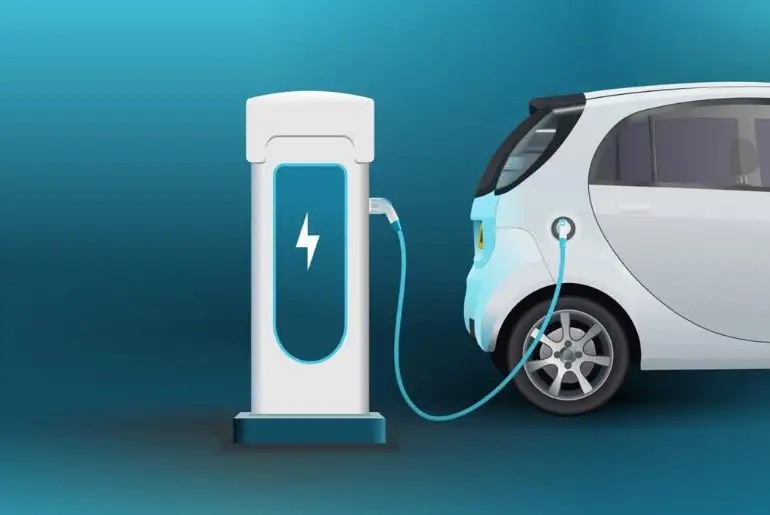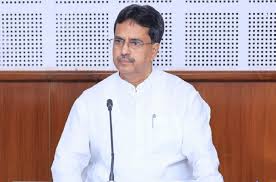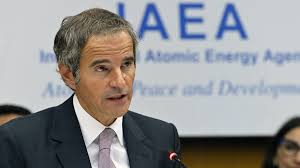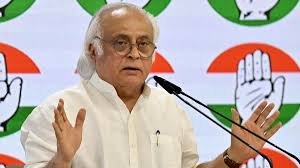Delhi EV Policy 2.0 Set to Launch Tomorrow: First 10,000 Women Buyers Could Get ₹36,000 Subsidy on Electric Two-Wheelers
The Delhi government is all set to roll out the second phase of its Electric Vehicle (EV) policy starting tomorrow. Delhi EV Policy 2.0 aims to accelerate clean mobility and also promote inclusivity by offering special incentives to women buyers.

Government Plans ₹36,000 Subsidy for First 10,000 Women
The new policy proposes a ₹36,000 subsidy for the first 10,000 women who buy electric two-wheelers. To qualify, buyers must hold a valid driving license. This move encourages women to adopt electric mobility and provides a financial push to reduce dependency on fossil-fueled vehicles.
Delhi Targets 95% EV Sales by 2027
With the goal of achieving 95% EV sales penetration by 2027, the government wants to make Delhi a model for electric mobility. This target highlights the city’s commitment to fighting pollution and improving public health.
Policy to Generate 20,000 Green Jobs
The new policy doesn’t just focus on cleaner transport—it also prioritizes employment. The government aims to create over 20,000 new jobs across sectors like EV manufacturing, maintenance, battery services, and charging infrastructure.
Policy Valid Until 2030, Aligns With National Goals
Delhi EV Policy 2.0 will stay in effect until March 31, 2030. It complements national programs like FAME India and PM e-Bus Seva, ensuring that state and central strategies work in sync to boost EV adoption.
Incentives for Two-Wheelers and Commercial Three-Wheelers
Buyers of electric two-wheelers will receive ₹10,000 per kilowatt-hour (kWh) of battery capacity, with a cap of ₹30,000. Those who scrap their old petrol or diesel two-wheelers can also receive a ₹10,000 scrappage bonus.
The government also plans similar benefits for commercial three-wheelers. Buyers will get ₹10,000 per kWh, capped at ₹45,000. Scrapping old vehicles will add another ₹20,000 in benefits. These incentives are designed to boost last-mile delivery fleets and shared mobility services.
Government to Replace Old CNG Autos with EV Rickshaws
Delhi’s transport department has proposed replacing all CNG-powered auto-rickshaws over 10 years old with L5M category electric autos. To support the shift, the government will offer ₹1 lakh per replacement vehicle. This initiative will reduce emissions and bring modern, eco-friendly autos to the streets.
Starting August 15, 2025, new CNG auto registrations will stop, and the government will not renew old permits. Existing CNG auto-rickshaws must either convert to electric or exit service.
Benefits for Commercial Goods Carriers
The policy offers targeted support for logistics providers. Electric three-wheeler goods carriers (L5N) will receive up to ₹45,000 in subsidies, based on battery size. Electric four-wheelers will get support capped at ₹75,000.
From August 15, 2025, Delhi will ban new registrations for petrol, diesel, and CNG-powered three-wheeler goods carriers, encouraging operators to shift to EVs.
Ban on Fossil Fuel Two-Wheelers from 2026?
The draft policy also recommends a ban on new petrol, diesel, and CNG two-wheelers from August 15, 2026. If this takes effect, Delhi will become the first city in India to end registrations for fossil fuel-powered two-wheelers—marking a historic milestone for clean mobility.
Civic Fleets Must Transition to Electric
The policy mandates civic bodies to replace or retrofit their solid waste transport vehicles with electric ones. This change affects hundreds of vehicles that currently rely on diesel or CNG. The move will significantly cut emissions from government-operated fleets.
Final Thoughts
Delhi EV Policy 2.0 isn’t just about technology—it’s about transforming the city’s future. With generous subsidies for women, clear deadlines to phase out fossil fuel vehicles, and job creation across the EV ecosystem, the policy is set to spark a large-scale shift.
If you’re planning to buy a vehicle in Delhi, now’s the time to go electric. With strong incentives and a clear roadmap, the capital is steering toward a cleaner and more inclusive future—starting tomorrow.






